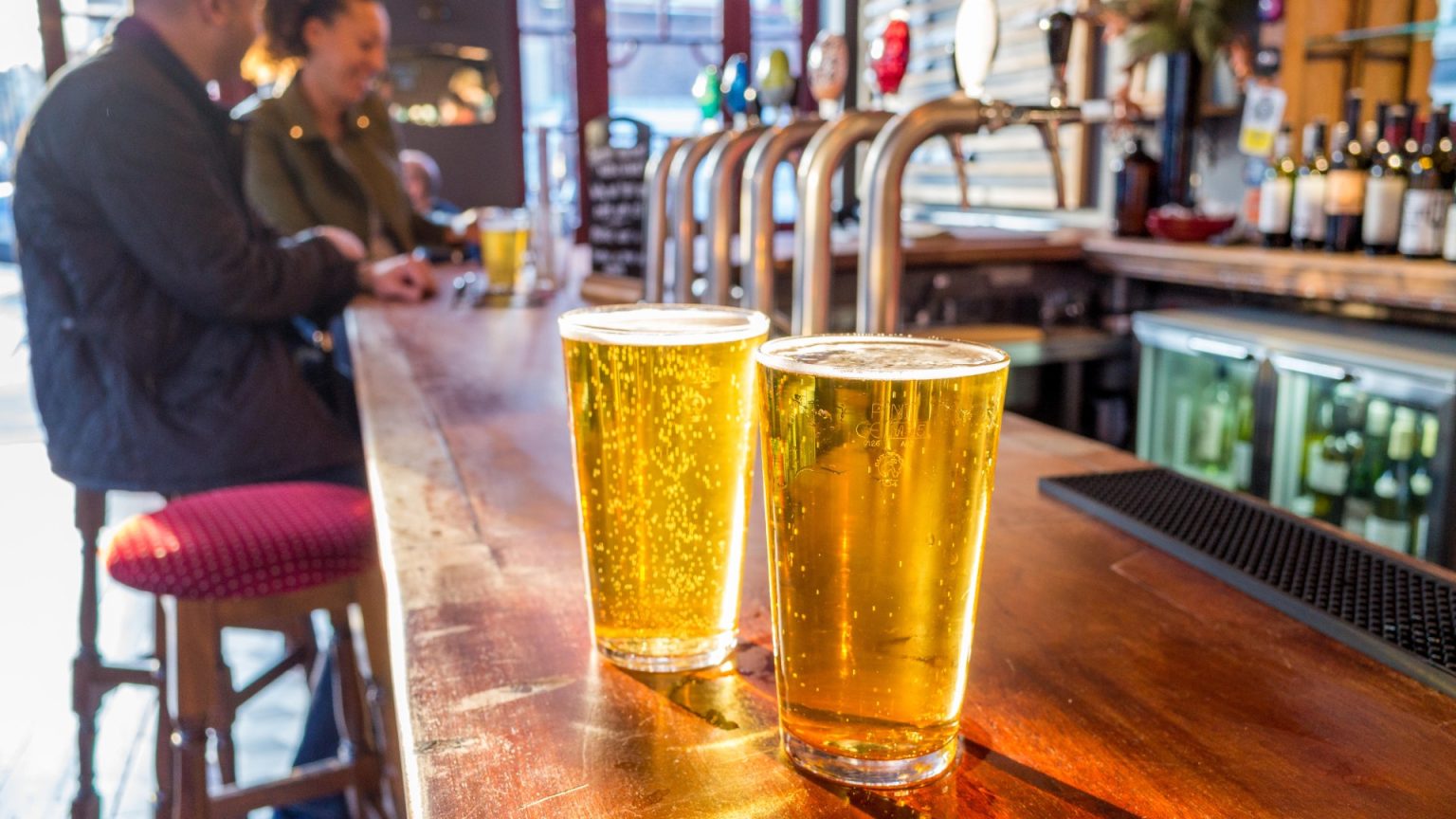The closure of The Castle Inn in Monmouth, a town already grappling with dwindling pub numbers, highlights the multifaceted challenges facing the hospitality industry. A staggering 75% rent increase imposed by the landlord, coupled with complaints from a neighbor regarding cooking smells, ultimately forced the pub’s owners to shut their doors. This closure follows a pattern of pub closures in the area, underscoring the precarious position of these establishments in the current economic climate. The Castle Inn’s owners, who had invested in renovating the historic building and creating a beer garden, expressed their frustration with the situation, leaving locals devastated at the loss of a beloved community hub. The combination of increased rent and the financial burden of addressing the neighbor’s complaint proved insurmountable, leading to another vacant storefront on the high street.
The Castle Inn’s story reflects a broader trend of pubs struggling to survive amid rising costs and changing consumer habits. The Nag’s Head, an award-winning pub in Cheshire, also recently closed, citing “economic woes fuelled by government policy.” The owners pointed to a confluence of factors, including increased national insurance for employers, rising minimum wage, reduced business rates relief, soaring interest rates, and dramatically increased utility and ingredient costs. These mounting pressures have created a perfect storm for the hospitality sector, making it increasingly difficult for pubs to remain profitable. The cumulative effect of these challenges has pushed many establishments to the brink, forcing them to make difficult decisions about their future.
The struggles extend beyond independent pubs. Large chains like Stonegate have also been forced to close branches, including The Farmers in Ormesby St Margaret and The Bedford in Southampton. Even celebrity-owned establishments are not immune, as evidenced by the closure of Boyzone’s Shane Lynch’s D13 Irish bar in Knutsford. These closures further illustrate the widespread nature of the crisis affecting the hospitality industry, impacting businesses of all sizes and ownership structures. The closures underscore the increasing difficulty of operating a pub, regardless of its location, reputation, or backing.
The hospitality industry is grappling with a complex web of challenges. The rising cost of living has significantly impacted consumer spending, leaving less disposable income for leisure activities like eating out and visiting pubs. The lingering effects of the pandemic, coupled with soaring energy bills and inflation, have created a volatile and unpredictable environment for businesses. These pressures have made it increasingly challenging for establishments to recover and maintain profitability, forcing them to adapt or face closure.
Several prominent food and drink chains have been forced to close branches or restructure their operations. Wetherspoons and Frankie & Benny’s are among the well-known brands that have shuttered locations. Some chains, like Byron Burger, have fallen into administration, resulting in job losses. Pizza giant Papa John’s is also closing numerous stores, and Tasty, the owner of Wildwood, is implementing restructuring plans that include site closures. These closures highlight the widespread impact of the current economic climate on the hospitality sector, affecting even large, established chains.
The ongoing challenges facing the hospitality industry paint a concerning picture for the future of pubs and restaurants. The combination of rising costs, reduced consumer spending, and lingering pandemic effects has created a perfect storm for the sector. While some businesses may be able to adapt and weather the storm, many others are facing difficult decisions about their viability. The closures of both independent pubs and large chain establishments demonstrate the widespread nature of the crisis and the need for innovative solutions to support the industry. The future of the hospitality sector hinges on finding ways to mitigate these challenges and create a more sustainable environment for businesses to thrive.




